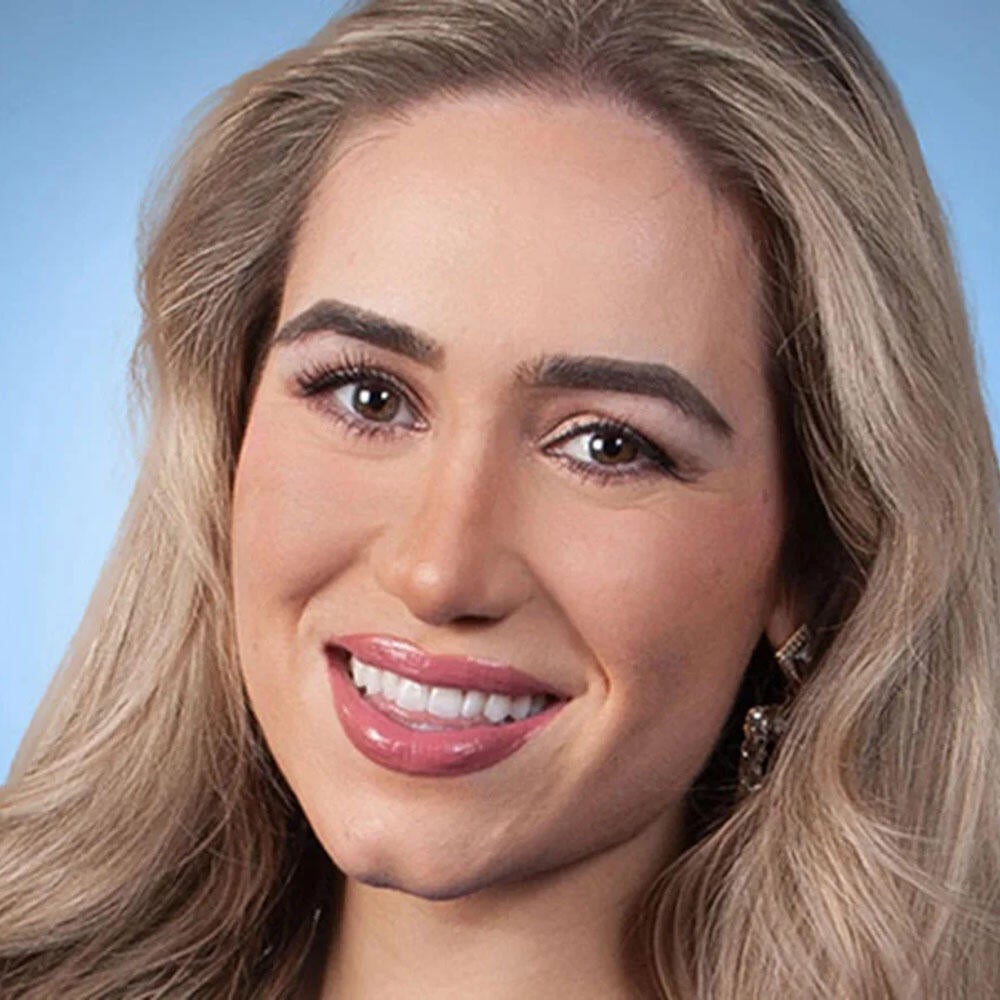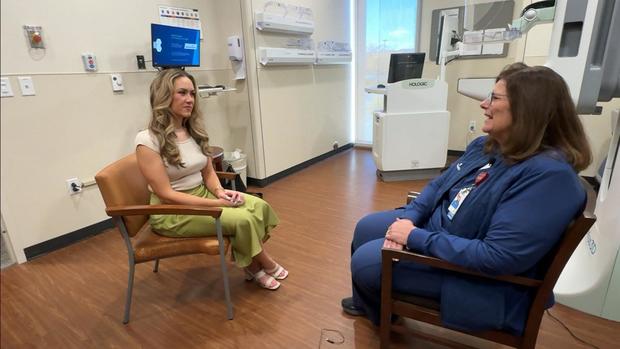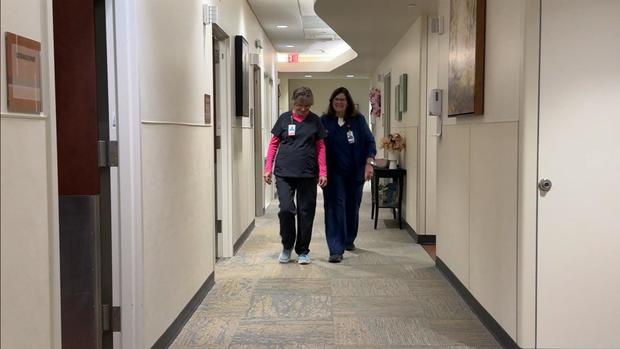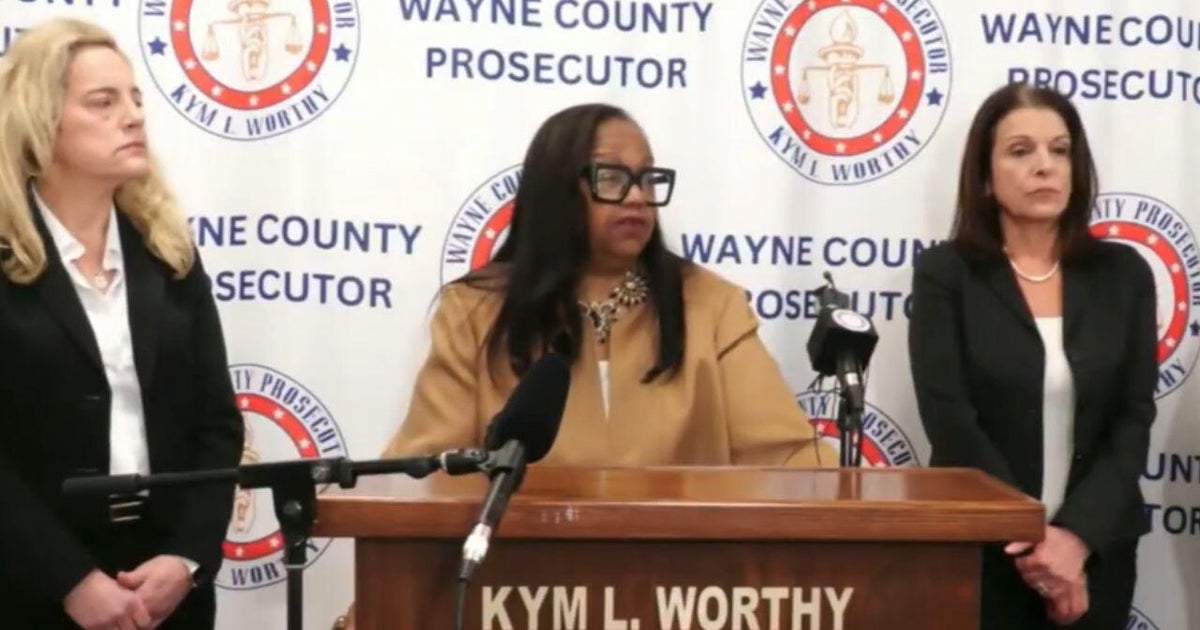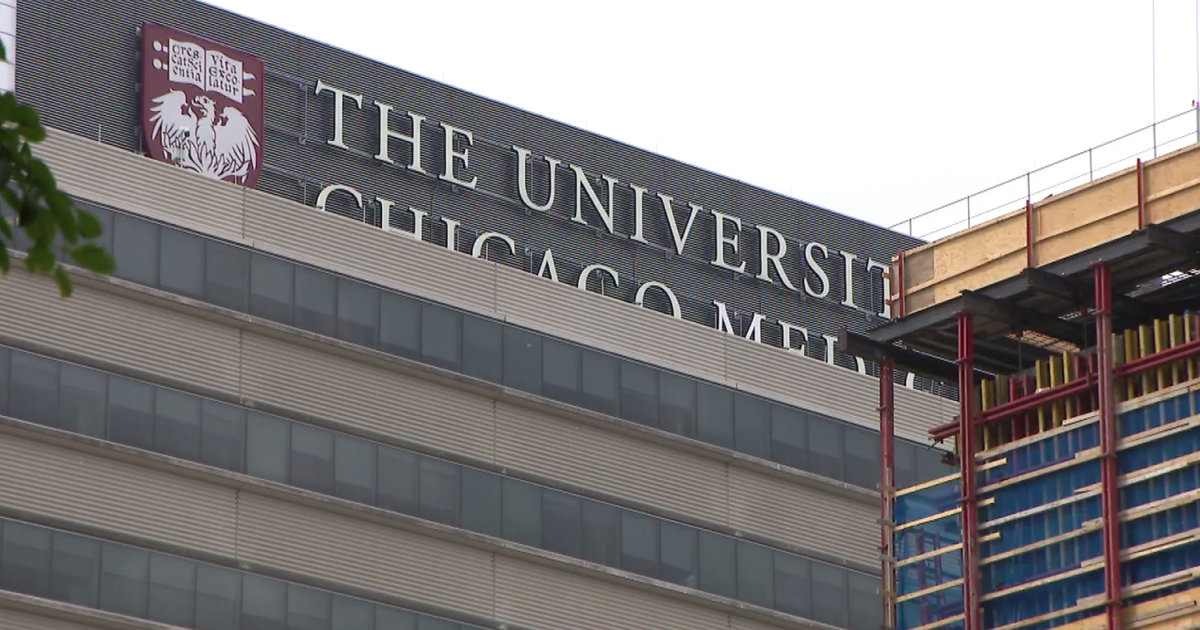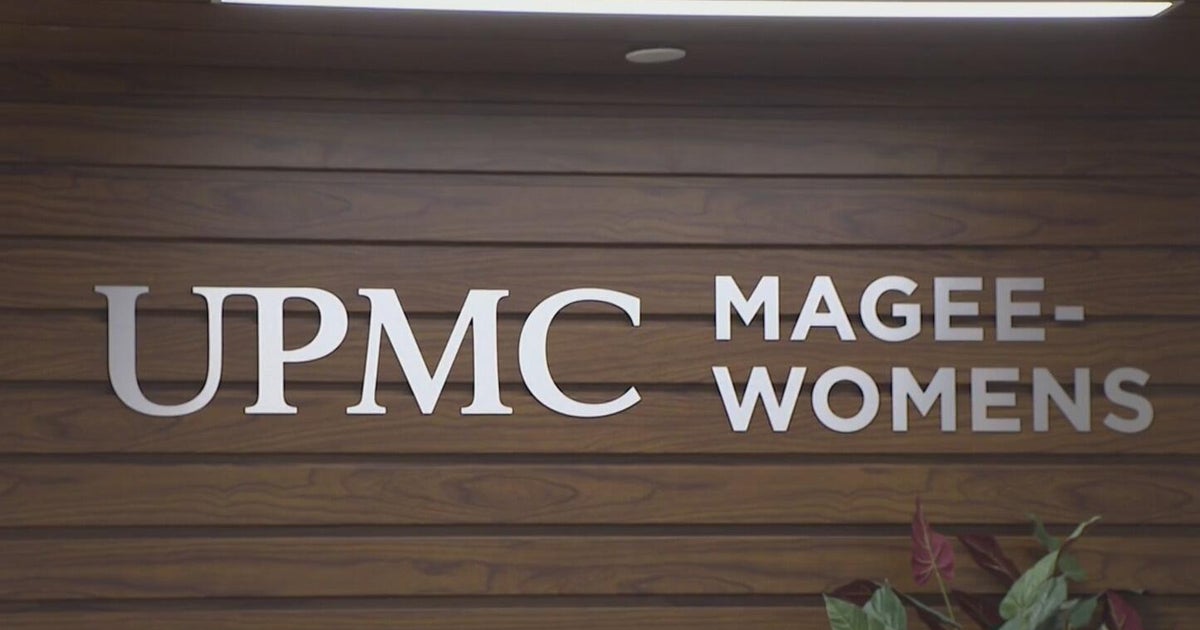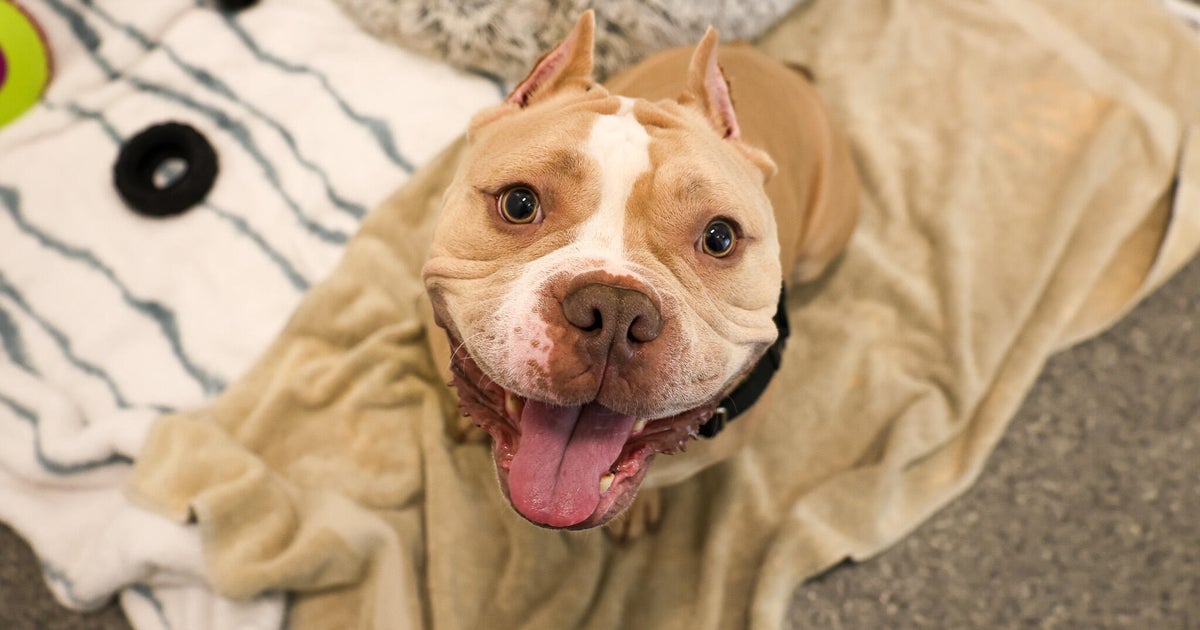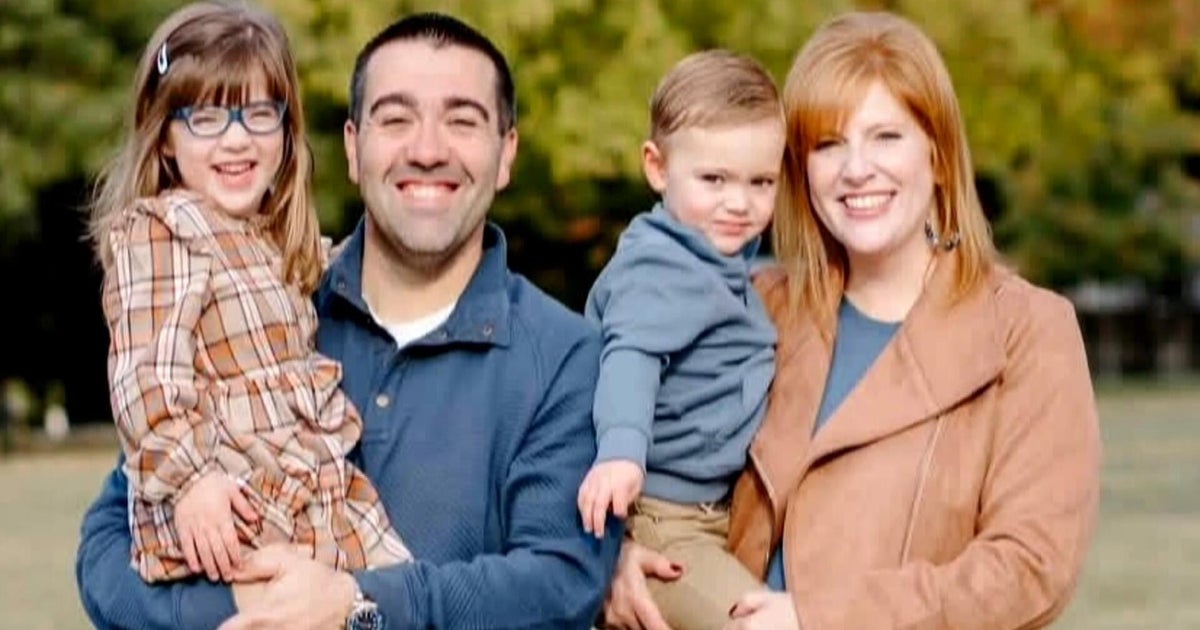Colorado breast cancer nurse becomes patient, urges women to get mammograms
As Breast Cancer Awareness Month nears its end, a Douglas County nurse is sharing the importance of getting regular mammograms.
Renee Herman, a nurse navigator for AdventHealth Parker, has helped hundreds of breast cancer patients through their diagnosis and treatment.
"It almost puts a little tear in my eye because they're so special to me," Herman said. "Cancer is just one of those threats that it's like a bear coming out of the woods; then you have to deal with the stress, the inconvenience, the shock."
While helping a patient schedule her mammogram last November, Herman decided to schedule a routine one for herself. Her friend, AdventHealth mammographer Donell Nelson, administered her mammogram, which led to Herman receiving a call back.
"It's nothing that you ever want anybody to have, let alone somebody you know... it hurts," Nelson said.
After an ultrasound and a biopsy, another coworker called to diagnose Herman with two types of ductal carcinoma.
"She actually cried. It's very difficult to tell a coworker who's in this business, so to speak, that she has cancer," Herman said.
The nurse was now the patient.
"The most surreal part of it was when I saw a pathology report with my name on it. Remember, I've read hundreds of pathology reports, and they've had other people's names on them," Herman said.
Herman says she received amazing care from the same team she works with, undergoing a lumpectomy and radiation.
"All of it is a bit intimidating. Even though I knew what was going to happen, when you're actually going through it, it gives you a new perspective," Herman said.
She finished treatment in March and celebrated her 40th anniversary with her husband in May. Last month, Nelson gave her her six-month mammogram, which came back clear.
"It was just a relief. I gave her a big hug," Nelson said.
Today, Herman relates to her patients on an even deeper level.
"I lead and facilitate a breast cancer support group for women. They too were sad when I got the diagnosis, and I said, 'Hey! I am experiencing this like you have,' and they were a wonderful support," Herman said.
She urges others to seek out early detection.
"The mammogram is very important; I suggest everyone get one because it does save lives," Herman said.
In general, women should start getting mammograms at 40, but if you have a family history of breast cancer, you should start sooner. Herman also wants to remind men that they can get the disease, too, and should talk with their doctor if they have a family history of breast cancer.
